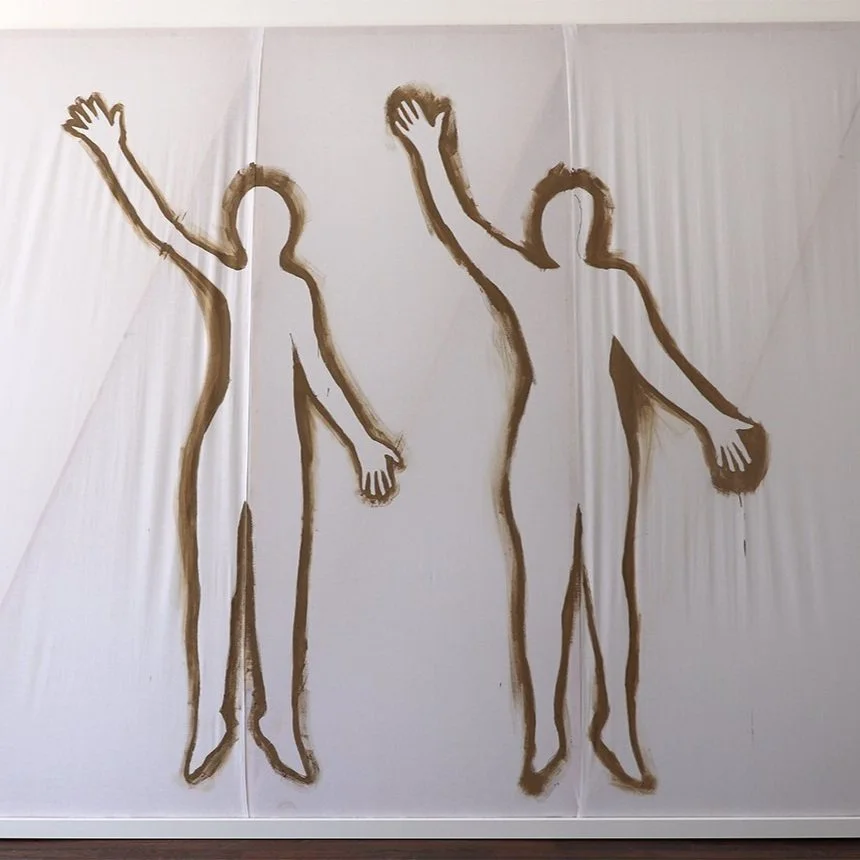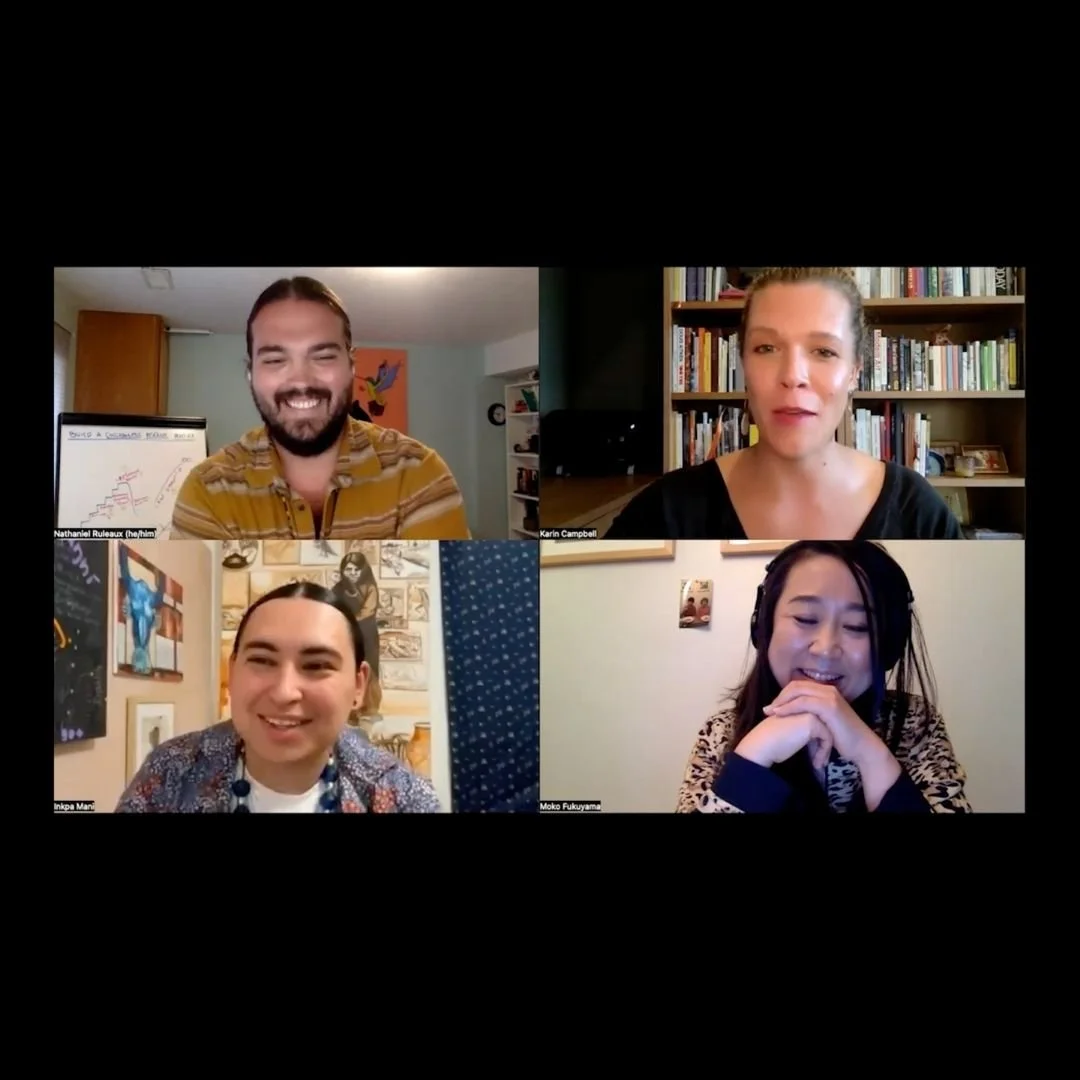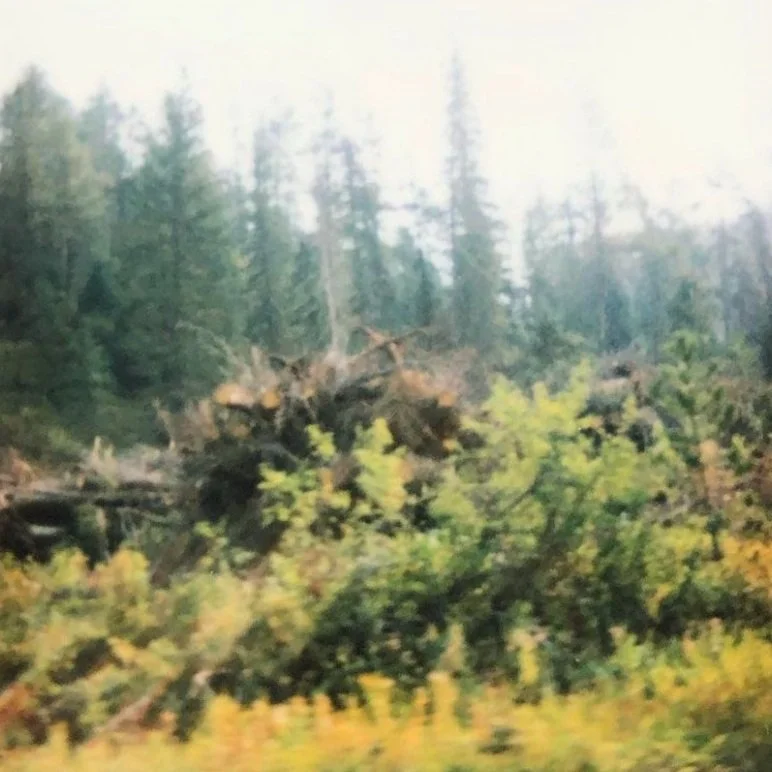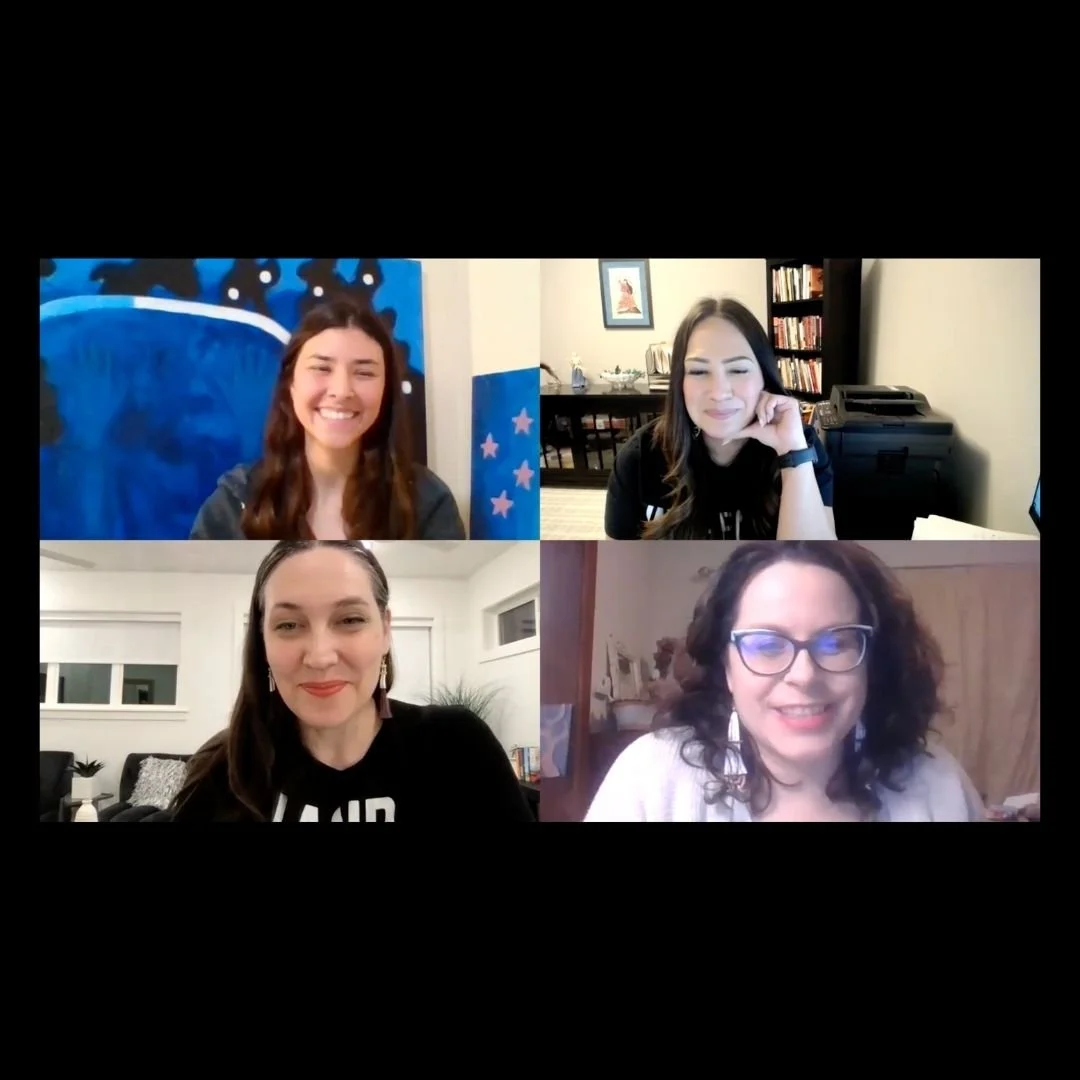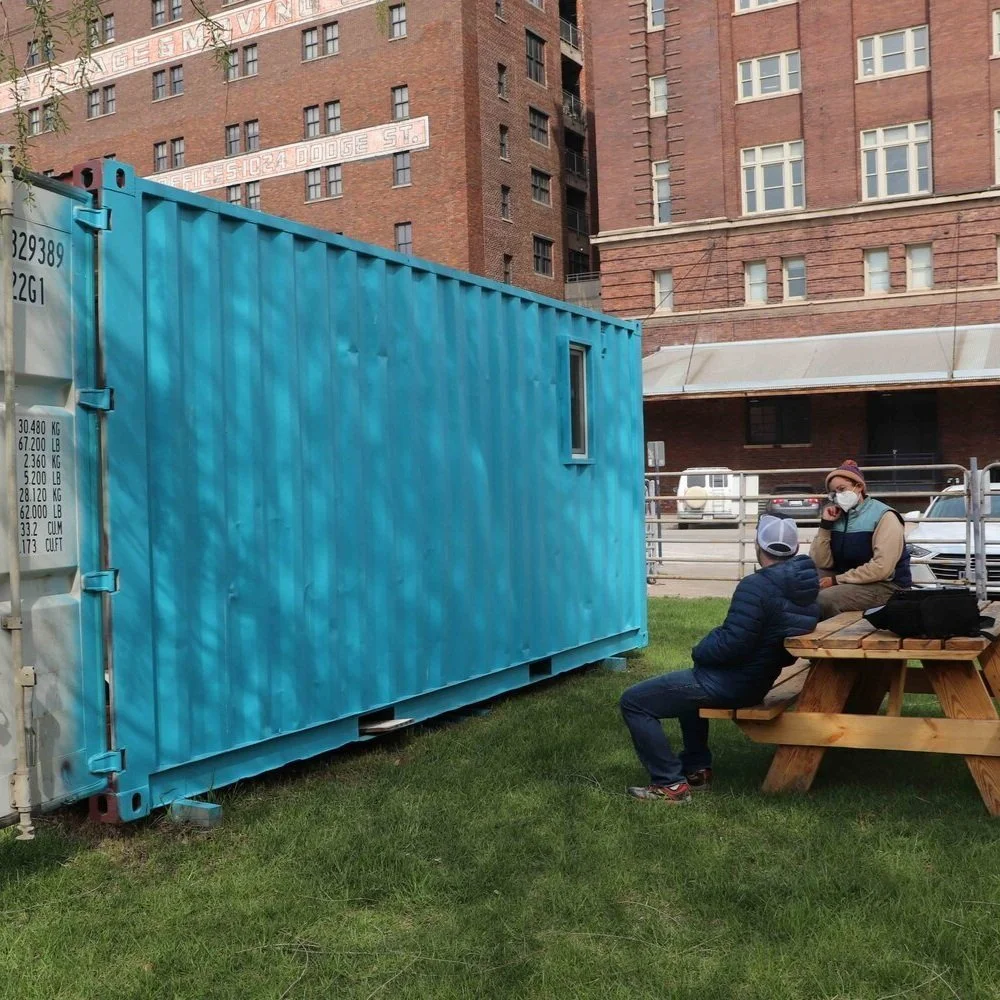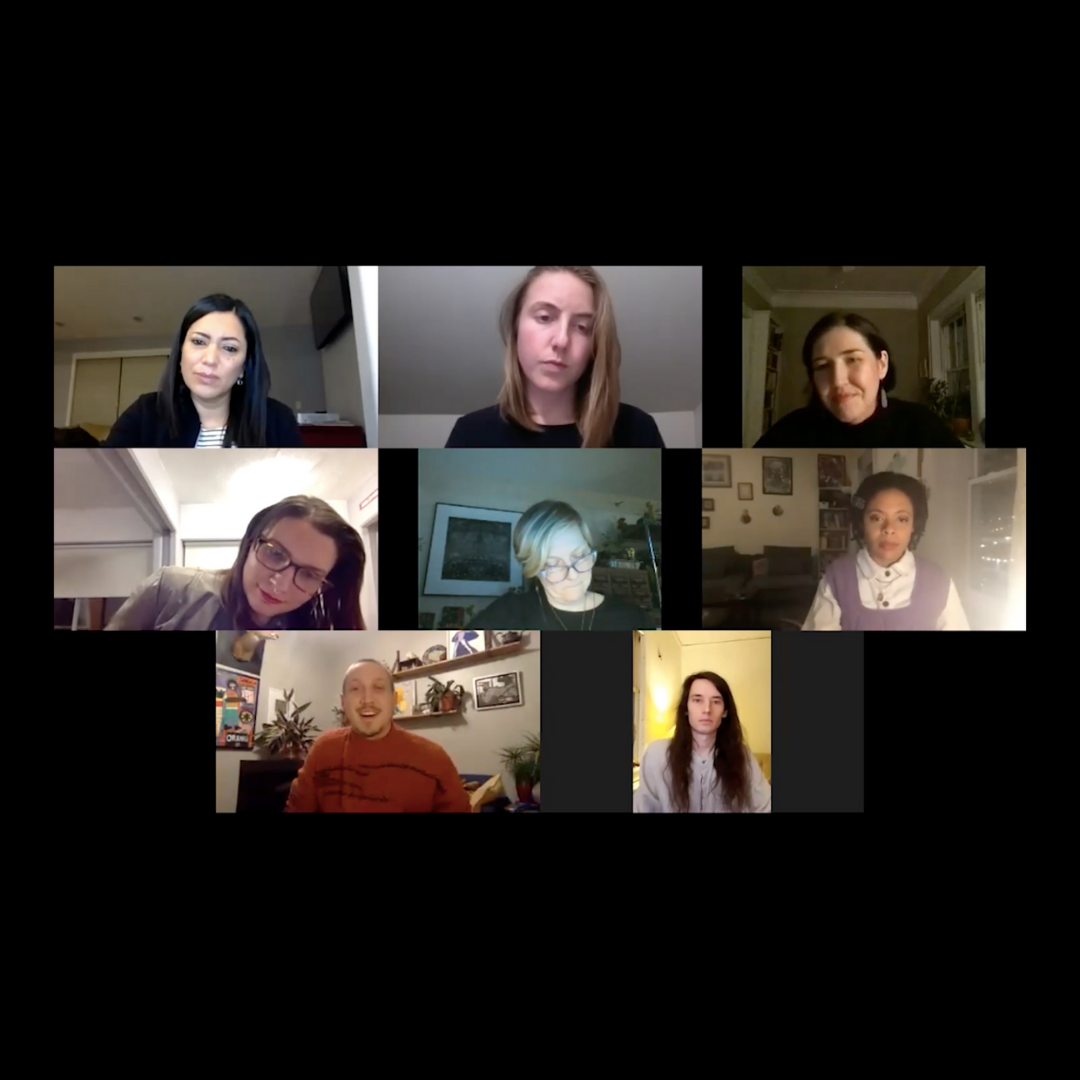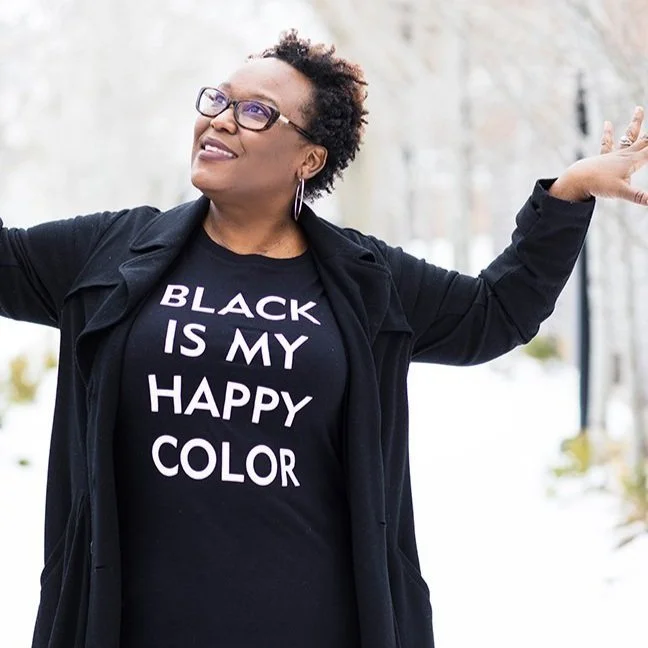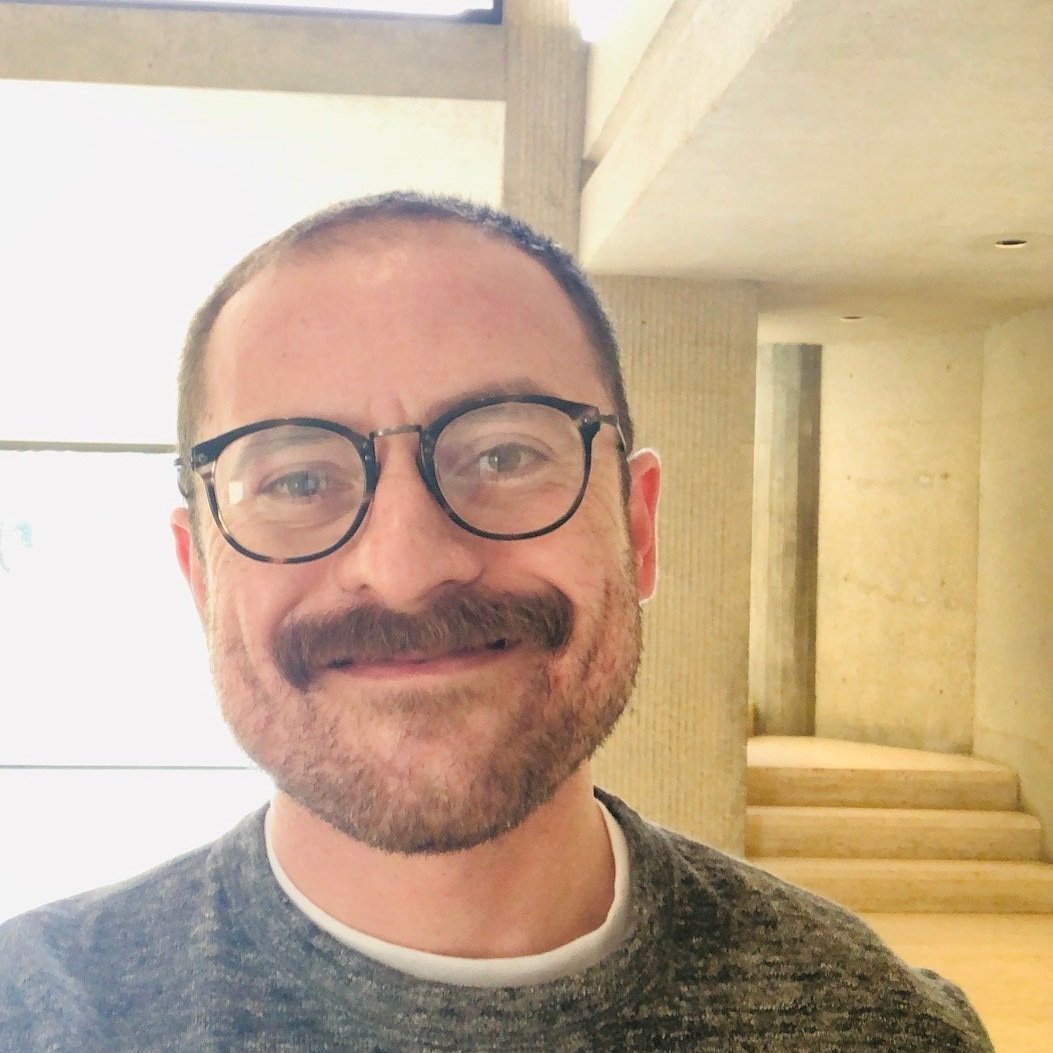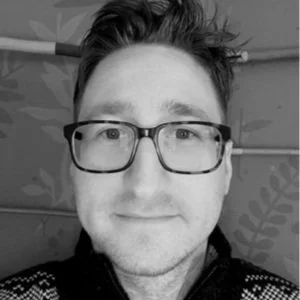On September 28th, Ashley Ahearn, Sarah Rowe, and Lee Running sat down to talk about how creative practice redistributes anthropocentric hierarchies of dominance and control through co-becoming with our more-than-human neighbors.
Read More“I want to take good care of my relatives, my more-than-human relatives, because they take such good care of me. Who would I be if not for the land and the soil and the sky and the air and the plants and the animals and rocks? Who would any of us be?”
Read MoreOn July 13th, Rosela del Bosque, Daril Fortis, Allegra Hangen, and Enero y Abril sat down to take a closer look at the increasingly important role borders play in decolonial discourse as fluid spaces where knowledge is produced, embodied, and circulated.
Read More“In many ways, flowers are my activism. Their intersection with justice, equity, economics, and environmentalism has helped me understand their interconnectedness. For that, I am grateful to them.”
Read More“At the end of May, members of the Alternate Currents Working Group met with the Naturalist School at Waubonsie State Park to listen to bird song, walk the hills and ravines, and discuss ideas about place and space.”
Read More“What is belonging? Some say it’s your home, the physical home where you find comfort. Others say it’s where you’re needed. Both are true, but in my experience, it’s something else.”
Read MoreOn May 9th, Karin Campbell, Inkpa Mani, Moko Fukuyama, and Nathaniel Ruleaux met on Zoom to discuss the porous connections between monuments, memory, and place and how misrepresentations of our collective histories in public spaces shape cultural norms and values.
Read More“The current state of things can have the burdensome effect of making ‘LANDBACK wins’ feel far off for most. But in fighting this fight together, Indigenous communities find allies, which strengthens the people, the causes, and the hope for a better world.”
Read MoreOn March 2nd, Dr. Kate Beane, Andrea Carlson, Lydia Chesewalla, and Marisa Cummings came together to discuss how cultural institutions that espouse a progressive politics of inclusion can work with Native communities to repair the histories of violence and dispossession foundational to their formation.
Read More“We don't have all the answers and we don't know exactly how it's going to work, but we know that collaborating with those who want to engage in this project and dive in with us will create meaningful opportunities. Hopefully, change comes from that.”
Read MoreOn January 18th, Amplify’s 2021 Alternate Currents Working Group came together to celebrate the launch of their collaborative publication, Given All This: Collective Institutional Futures and to talk more about where we’ve been, how we’ve changed, and what the future might hold.
Read More“Everyone was affected. Everyone was dying. Everyone needed to start having conversations about their health in different ways. And…all of a sudden, these glaring disparities become bigger…”
Read More“When it comes to the museum going into neighborhoods or communities, they really have to think about the characteristics of the community and what that community is actually about.”
Read MoreOn November 17th, Sarah Lynn Brown, Kyle Laidig, and Joelle Sandfort came together for a discussion about how independent, alternative, DIY, and artist-run spaces can question and queer institutional hierarchies through collective ownership, community-informed decision making, and horizontal leadership.
Read More“La Berge offers a comparative look at the aesthetics of socially engaged art, covering an impressive array of artists that both incorporate and represent a general condition of living beyond the wage.”
Read More

